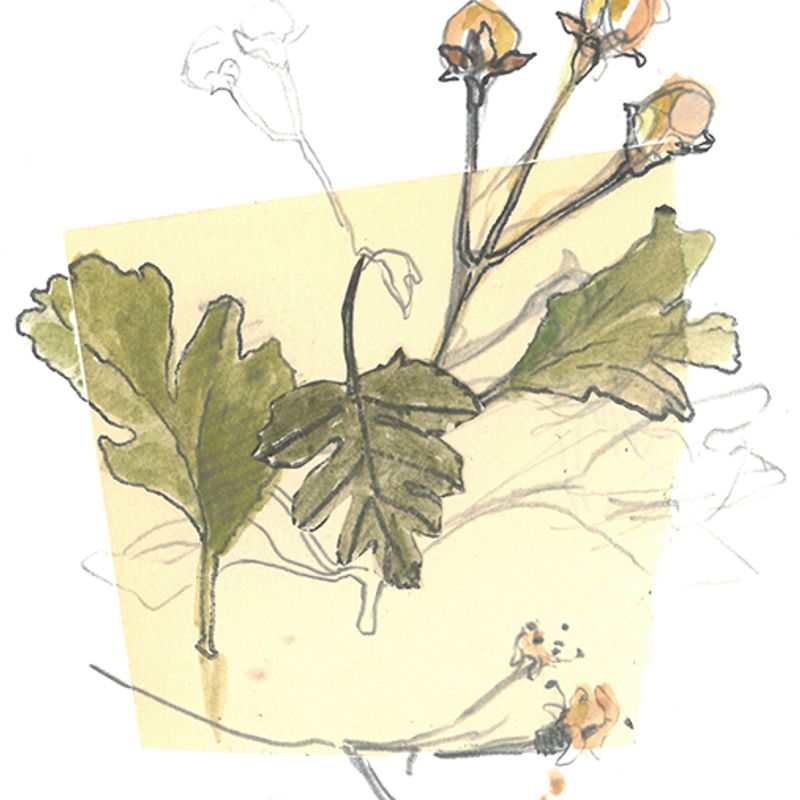What is Home?: Shenandoah Essayists Eulogize and Celebrate Places of Belonging
by DW McKinneyIt has been a privilege to be the first Shenandoah BIPOC Editorial Fellow. Being the first of anything carries a weight that differs from person to person. For me, being Black, I immediately thought about the precedent that I would be setting for future Black fellows.
This thinking was an involuntary response, one created from being “the first” Black person in various positions and rooms over the years only to be reminded—whether from friends, family, or those in authoritative positions—how my firstness affects the second, third, and nth Black person to follow me. But this was the first time that, in recognizing my firstness, I opted to embrace liberation instead of obligation. (And I believe the previous four years, 2020 in particular, influenced these feelings.)
Accepting this fellowship shifted from being about the first who does a good job to simply upsetting expectations that have been imposed on my existence. I had the pleasure of reading Cathy Park Hong’s book Minor Feelings: An Asian American Reckoning during the course of this fellowship. Speaking about how whiteness conscripts non-whites into unconsciously doing the job of white supremacy, Hong says, “Unless we are read as Muslim or trans, Asian Americans are fortunate not to live under hard surveillance, but we live under a softer panopticon, so subtle that it’s internalized, in that we monitor ourselves, which characterizes our conditional existence.”
That panopticon and internalized self-monitoring extends to any non-white person in America today, and the hard surveillance Hong mentions has exceptionally been saved for Black people in this country. There isn’t enough space in this editor’s note to discuss the ways in which surveillance has shaped my existence and influenced my own internal monitoring. But there is enough space to explain that I am actively trying to escape the learned behavior of self-monitoring or at least live the way I want to in spite of surveillance and its symptoms.
Beth gave me carte blanche to do (or not do) whatever I wanted with my section of this issue. I am not ashamed to admit that I gleefully opted to do less work when available because I deserve it and I am perpetually exhausted by this world and I want to prioritize my rest. (Note from Beth: It’s important to know that DW’s definition of “doing less” is everyone else’s definition of “doing a lot.”) If I am setting a precedent for nonfiction fellows to come, I want them to know that they don’t have to prove themselves. Future fellow: You are already here. You already got the fellowship. You can delegate and rest and unashamedly claim space to do nothing where possible. That goes for everyone else too. Let us refuse to do the bidding of the panopticon.
As for the nonfiction that I curated, I chose the theme of “home” because of the precariousness of self and belonging that I experienced in 2020, which has spilled over into 2021. I wondered how the past year or so had affected others’ ideas of homeland, belonging, and safety.
Several common subthemes emerged in the submissions. People were surviving regional catastrophes, transitioning from their physical homes, confronting the hauntings of their pasts and presents, being un-homed in mind and body, and questioning their nationhood. Overall, there was a general feeling of displacement. The essays I chose each represent these subthemes while offering a diverse cross-section of personhood. If you are feeling your own unique sense of displacement, I hope these essays illuminate the way home for you.
